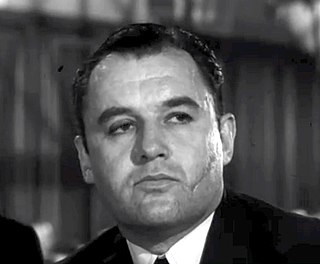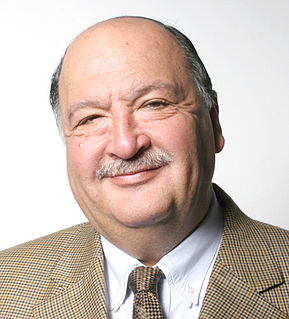A Quote by Chris Colfer
A villain is just a victim whose story hasn’t been told.
Related Quotes
America has this fascination with glorifying the villain and not talking about the trials and tribulations. We tell the story of the successful villain a lot of times, but we don't tell the story of the people who don't come out so successful, and we don't tell the story of all the bystanders of that choice.
If the history of the western moral imagination is the story of an enduring and unending revolt against human cruelty, there are few more consequential figures than Raphael Lemkin - and few whose achievements have been more ignored by the general public. It was he who coined the word 'genocide.' He was also its victim.
Being a victim doesn't take much. There are built-in excuses for failure. Built-in excuses for being miserable. Built-in excuses for being angry all the time. No reason to trying to be happy; it's not possible. You're a victim. Victim of what? Well, you're a victim of derision. Well, you're a victim of America. You're a victim of America's past, or you're a victim of religion. You're a victim of bigotry, of homophobia, whatever. You're a victim of something. The Democrats got one for you. If you want to be a victim, call 'em up.




































